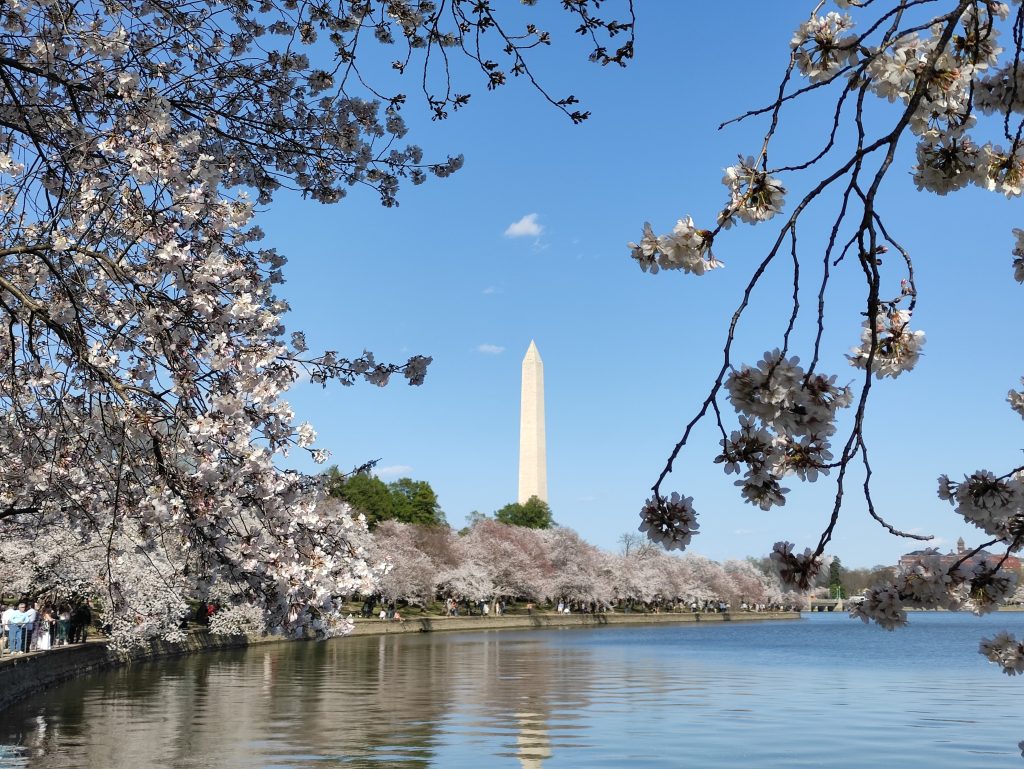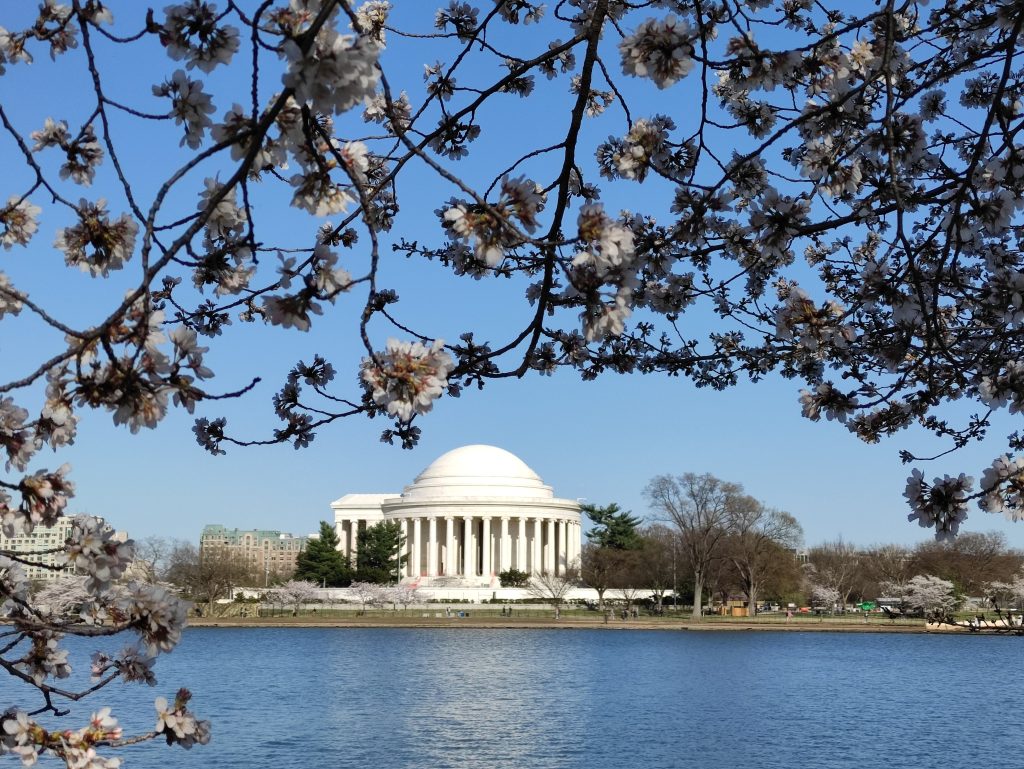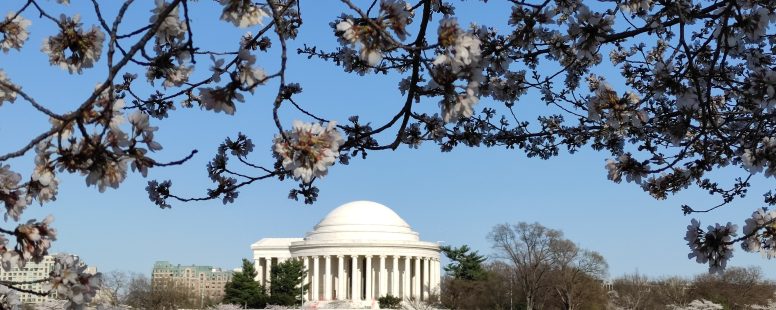Bridging Drug Discovery Pipelines for Challenging Protein Targets in the Institute for Drug Discovery and MeilerLab Vanderbilt (Short Report by Fabian Liessmann; Jan. – March 2022)
As the chemical space is incredibly large with up to estimated 1060 molecules defined as small-molecule ligand, sophisticated and benchmarked methods and pipelines for screening this huge space in a fast and reliable manner are needed. In recent year, virtual ultra-large library screening has witnessed a rapid development with increasing computational power, but also growing available commercial make-on-demand libraries, like the REadily AccessibLe (REAL) libraryof Enamine Ltd. with currently 21 billion chemicals. Pipelines for screening huge databases are available but rely heavily on screening all the compounds. In the Institute for Drug Discovery in Leipzig an in-silico ultra-large library screening pipeline using flexible models of GPCRs was developed, tested, and established. The utilized algorithm RosettaLigandEvolution combines the advantages of combinatorial libraries and evolutionary algorithms to screen the available space in mere hours to provide promising hits and helps to identify promising targets for paving the way towards the identification of new leads for challenging protein targets.
To bridge the available drug discovery pipelines and screening knowledges between Leipzig and Vanderbilt University and to understand different approaches with the BioChemistryLibrary and molecular dynamics simulations utilized in the MeilerLab, I started several new collaborations with different partners directly at Vanderbilt. For the challenging target of the melanocortin-4-receptor we levered the known ligands and screening results at Vanderbilt University to build a searching model. A novel approach to treat cystitis fibrosis with stabilizing a severe protein mutation showed promising results in the computational ligand search and opened an innovative application field for our pipeline. Together we could improve the scripts and approaches, and combine the knowledge for further projects.
Furthermore, as a transatlantic team we entered the drug discovery challenge CACHE competition to benchmark our pipeline against other groups for an understudied Parkinson’s Disease target. For all projects, several hundred new ligands were investigated and proposed for further investigation in the wet-lab.
Exactly two years ago, I already started an internship at Vanderbilt University for a different project, but then, the SARS-CoV-2 pandemic hit, and everything was shut down. Unfortunately, I had to cancel my exchange to the US and wait for the pandemic to cool down. After a longer than expected period, I had the chance to come back, and happily resume my exchange to dive in more in the land and culture. Two years ago, I realized how international and open the people inside and outside the university are and how the differences in culture are welcomed here. Every week we met with different people from the lab: to cook pasta with an Italian postdoc, prepare Persian food with Iranian students and serve German cuisine for the Super Bowl viewing. This cultural welcoming atmosphere I enjoyed the most.


For a short vacation I flew to New York City to experience the hustle and bustle of a cultural melting pot. The skyline at night, the St. Patrick’s Day parade, the international towns and the welcoming people were an experience rarely seen in Germany. My absolute highlight was the cherry blossom in Washington I didn’t know about before, but coincidently visited after New York. I hope I can take this welcoming atmosphere back to our lab in Leipzig.

